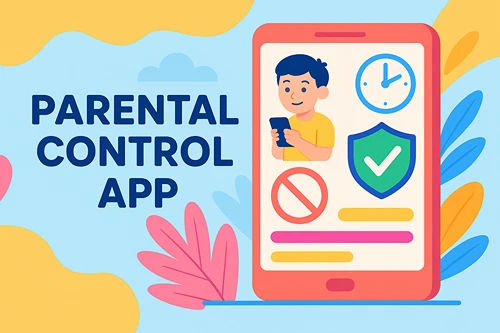How to Make Transitioning to School Smooth for Your Child
Transitioning to school is a big moment in life, an educational journey that your child is just about to begin. To a small child, this fact can be both very exciting and intimidating. Many are apprehensive about leaving the comfort of home for a new environment filled with unfamiliar faces and experiences.
It is vital that this transition be understood emotionally and psychologically by the parents for the process to be easier and smooth in a positive manner.
Preparing Your Child for the New Experience
Preparation always helps during the transition to school. The parents can start off by familiarizing their child with what he or she is going to encounter in the school environment. This can be done by visiting the school beforehand, meeting the teachers and looking at the classroom together. Talking about what school is going to be like makes them comfortable and anxious. Reading books about starting school provides a sense of safety and may also stir curiosity. Such preparation infuses confidence and readiness when there are no jitters on the first day
Using Resources and School Labels
It can also be aided by accessible resources. Orientation programs, workshops, and parent support groups are offered by some schools in hopes of being able to help through this transitional phase. Helping children look after their property can be taught through the use of school labels on personal belongings, quite necessary in a busy school environment. Parents can aid in making this transition easier and smoother by providing their child with the numerous tools and resources they will need..
Establish a Consistent Routine
Consistency in the child’s routine will help them get into the groove of school life. A good daily routine can offer your child a feeling of security and predictability. Well in advance to the start of school time, say at least a few weeks in advance, parents should establish a routine, together with changing the bedtime and wake-up time, so that it matches with the school time. This will make the child attune to the rhythm of his day. This may involve time to eat breakfast, pack a lunch, and prepare for school. Mornings are less chaotic and can be sweeter. A positive morning routine starts a child’s day off well to begin a successful school experience.
Inspiring Independence
Promoting independence is yet another critical part of transitioning to school. Parents can inspire independence in children by giving them small tasks to accomplish at home like packing their school bag or setting up their study supplies. This will give them the sense of possession; they will feel capable and independent on their first day at school. Similarly, the parents can teach the children how to tie their shoes or go to the bathroom themselves. All these basic skills will make them feel strong and sure as they get into the new environment.
Freedom to Express Feelings
The period is important in opening up the communication about feelings. Parents should ensure an environment where the child feels comfortable enough to share their thoughts and feelings about entering school. Asking regularly, how they feel about this initiation, will definitely help a parent understand the mood of the child and sort out the problems, if any. Most importantly, it is necessary to listen carefully and validate the feelings-be it excitement or anxiety. Also, sharing their personal experiences about starting school may help children feel confident that what they are feeling is normal and that many people experience similar feelings.
Milestones and Achievements
Celebrating milestones and achievements may also serve as a means of planting an attitude toward school that’s positive. Parents can emphasize small accomplishments like the first day of school, or even the making of new friends, with small celebrations, such as a special dinner or small treats. All these can help children feel proud of themselves and thus make positive associations with their school experience. In that respect, parents can include their children in activities that help their children identify themselves more closely with their school, participate in events at school, or join the parent-teacher associations.
This is indeed a critical period for any child and preparation by the parents is necessary based on their understanding and support in the transition to school. By allowing the child to get familiar with the new environment, establishing routines by the parents, encouragement of independence, opening lines of communication, celebration of each milestone, availing themselves of their resources help the children accept this new phase in their lives with glee. With the proper guidance and support, children can take on this transition with confidence and enthusiasm.





